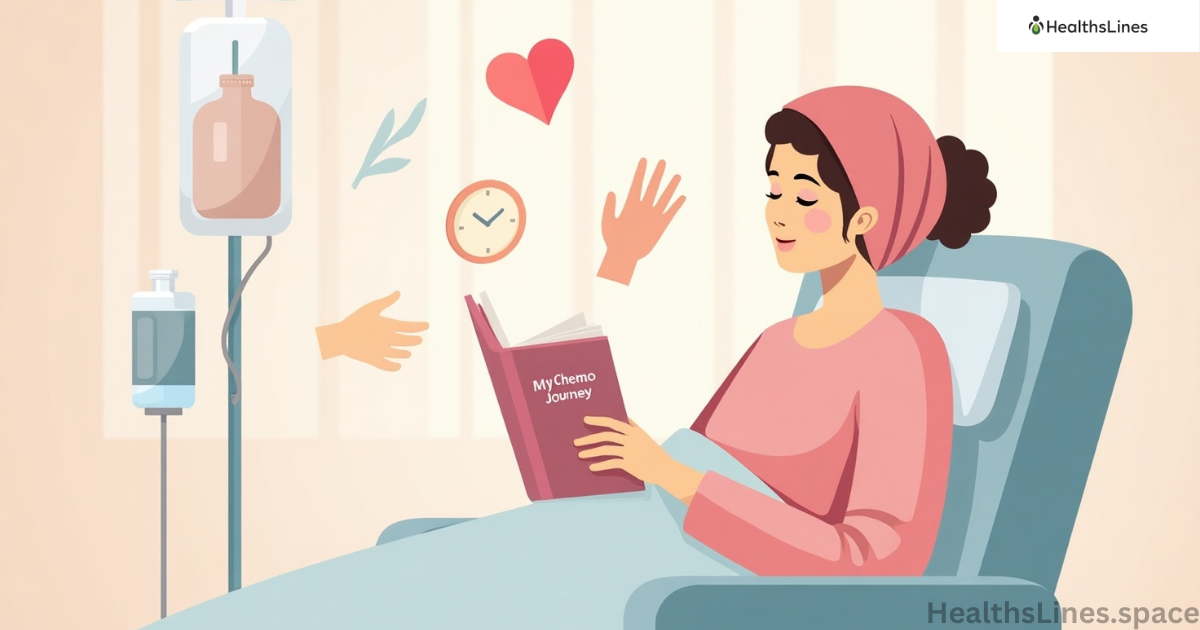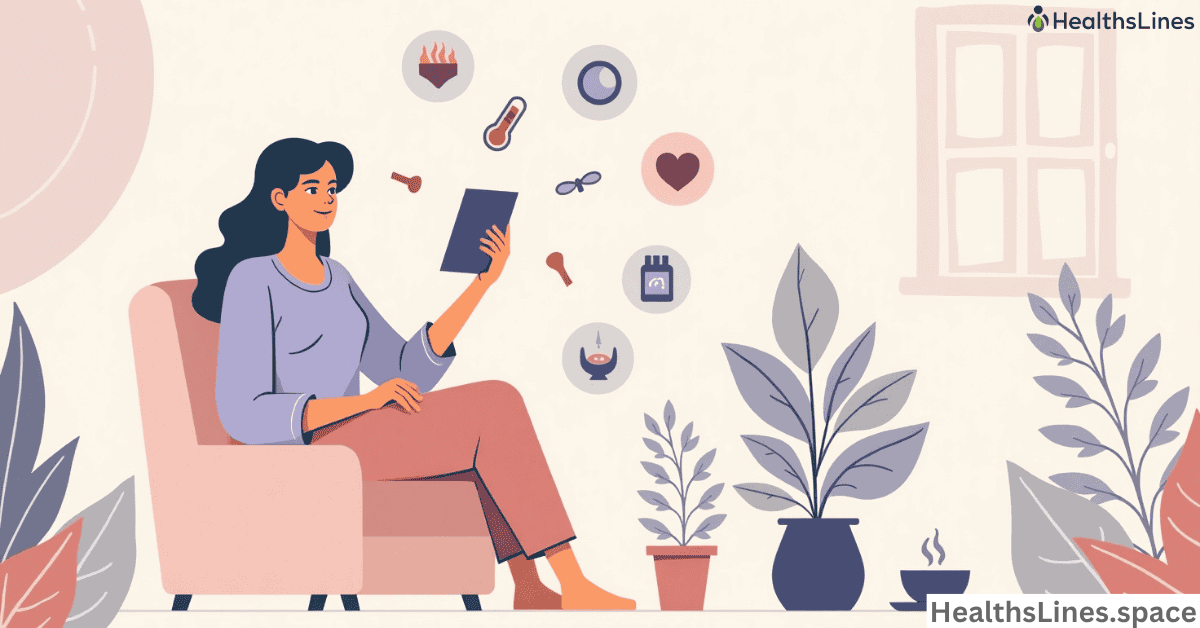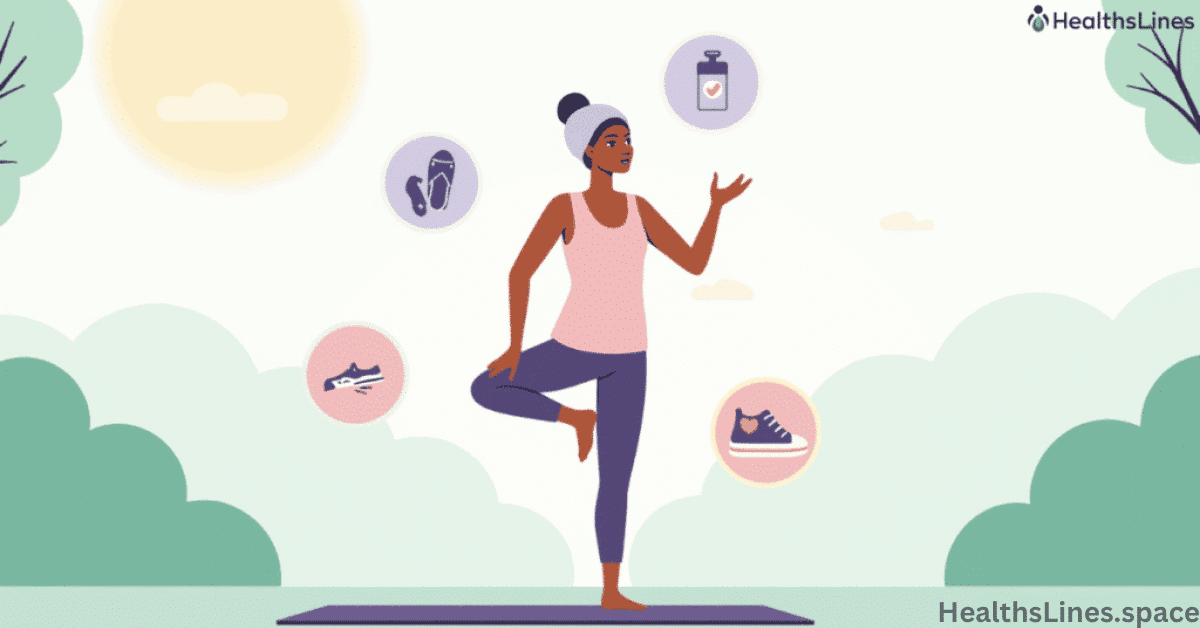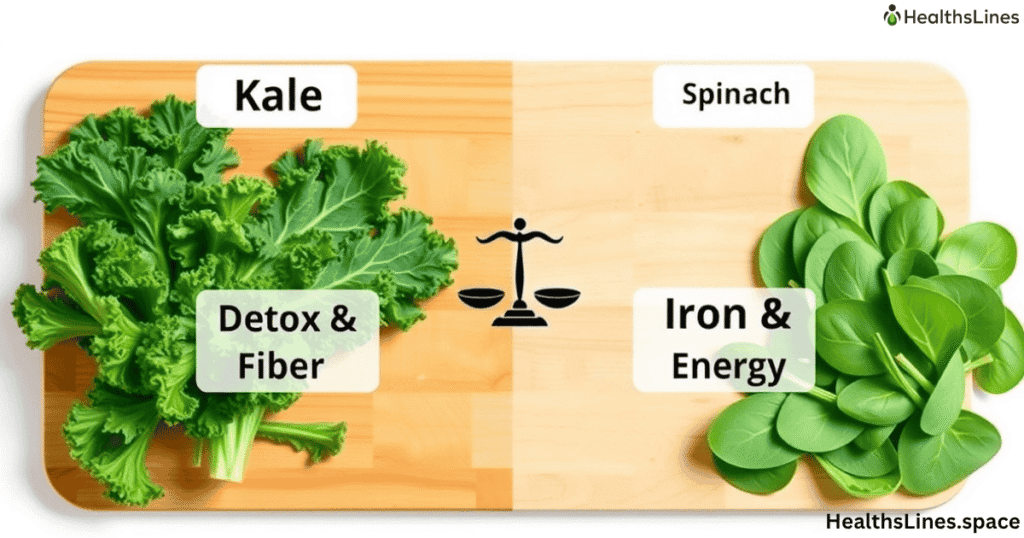Chemotherapy is one of the most common ways to treat cancer. But starting chemo can feel scary. If you’re about to begin your first chemo session, you may not know what to expect. From side effects to emotional changes, chemo treatment affects each person in a different way. This article will help you prepare, based on real experiences and advice from those who have been through it.
Chemotherapy isn’t just a medical process—it becomes part of your daily life. The more you know about the chemotherapy process, the more confident you’ll feel. Whether you’re getting infusion chemo or taking oral chemo, this guide explains how to cope, manage side effects, and stay strong throughout your journey.
Know the Chemo Process Before You Begin
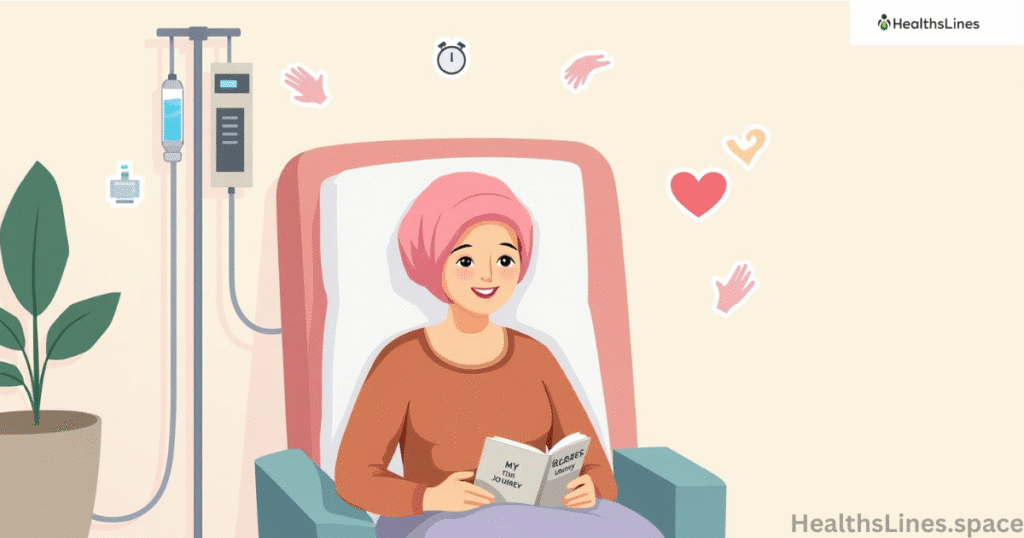
Before your first chemo session, it’s helpful to understand what will happen. Most people receive infusion chemo through an IV at a hospital or cancer clinic. Treatments can last from 30 minutes to several hours, depending on the chemo drugs being used. You may sit in a chair or lie down while an oncology nurse monitors you closely.
Some patients take oral chemo at home, which means swallowing pills instead of getting an IV. These pills may need to be taken daily, weekly, or on a special schedule. Your doctor will tell you exactly how and when. Every cancer treatment plan is different, so don’t compare yours to someone else’s. Ask questions. Understand the steps. Bring a notebook. That way, you’ll know what to expect with chemo from day one.
Chemo Drugs and How They Work Differently
Chemo drugs come in many types. Some attack cancer cells quickly, while others slow their growth. That’s why one person may feel fine during chemo treatment, while another struggles with severe chemo side effects. Your specific chemotherapy drugs depend on the kind of cancer you have, your age, and your health.
Below is a table showing different types of chemo drugs and their common effects:
| Chemo Drug Type | Common Use | Typical Side Effects |
| Alkylating agents | Broad use across cancers | Fatigue, nausea, infertility |
| Antimetabolites | Leukemia, breast cancer | Mouth sores, appetite loss |
| Anthracyclines | Lung, breast, blood cancers | Hair loss, heart strain |
| Plant alkaloids | Leukemia, lymphoma | Nerve pain, low blood pressure |
Not everyone will get all these side effects. Some may only feel tired. Others may experience taste changes or skin problems. This is why preparing for chemotherapy is so important. Knowing which chemo side effects are common helps you plan better.
Get Ready for Your First Treatment Day
Your first chemo session can feel intimidating, but knowing what to expect can help ease your mind. Chemotherapy is a powerful treatment, and preparing for that first day is just as important as the treatment itself. You’ll likely have to arrive early at the clinic. Before the infusion starts, a nurse might draw blood to check that your immune system and other key levels are strong enough for treatment. Your oncology nurse will explain the steps, monitor you closely, and be there to support you through it.
On your first day, you’ll probably be in a room with other patients receiving infusion chemo. Depending on the type of chemo drugs being used, the process can take a few hours to bring things to help pass the time. A book, headphones, snacks, and even a blanket can make you feel more comfortable. Wear loose, comfy clothes, and stay hydrated the day before.
Some people feel fine during and after their first treatment, while others might feel tired or nauseous. Side effects vary, so don’t panic if yours are different from someone else’s. You may want someone to drive you home because of chemo-related fatigue or dizziness.
Above all, ask questions. Your healthcare team is there to help. Understanding the chemotherapy process, taking it one step at a time, and preparing yourself emotionally and physically can make that first day more manageable. It’s okay to be nervous—but you’re not alone.
Side Effects Go Beyond Just Hair Loss
Most people hear about hair loss from chemo, but that’s only part of the story. There are many other chemotherapy side effects. These include skin rashes, mood changes, dry mouth, and trouble sleeping. Some people get mouth sores from chemo, which make eating painful. Others notice taste changes during chemo, like a metal or bitter flavor in food.
Chemo and fertility is another concern, especially for younger people. Certain drugs may affect your ability to have children later. Talk to your doctor early about this. If you’re worried, there may be options like egg or sperm freezing before treatment. Understanding the chemotherapy side effects time line can help you feel more in control.
What to Expect About Hair Loss and Image Changes
Not all chemo drugs cause hair loss, but many do. It usually starts 2–3 weeks after your first treatment. You might notice strands on your pillow or in the shower. Some people choose to shave their heads early, while others let it fall out naturally. Both choices are okay.
Cold caps for hair loss are special hats that cool your scalp during treatment. They work for some people and help slow down hair loss. Ask your doctor if it’s right for you. Losing hair can be tough, especially for women and children. It changes how you see yourself. Changes in body image from chemo are real and valid. Wigs, scarves, or going bald—all are beautiful. Do what feels right for you.
Chemo Brain and Emotional Changes
Many people are surprised by something called chemo brain. It’s a term used to describe the mental fog that can happen during or after chemo treatment. You might forget names, lose focus, or struggle to find the right word. It’s not your imagination—chemo brain fog is real and frustrating. Doctors believe it’s caused by the chemo drugs, stress, fatigue, and the emotional toll of the experience. Some people feel it right after starting chemotherapy, while others notice it later. It can last for weeks or even months.
Emotionally, cancer treatment can feel like a rollercoaster. You may feel fine one moment and overwhelmed the next. That’s completely normal. You’re dealing with the unknown, big changes in your body, and worries about the future. It’s not just about physical symptoms—coping with chemo means managing emotional ups and downs too. Don’t keep these feelings bottled up. Talk to your doctor, join a cancer support group, or lean on your support during chemotherapy. There’s no weakness in asking for help. Whether it’s fear, sadness, or frustration, you don’t have to face it alone. Healing your mind is just as important as healing your body.
Build Your Support Network Early
You don’t have to do this alone. Ask friends and family for help, especially with rides, meals, or chores. This is part of building your cancer support network. Use scheduling apps to plan support without repeating the same requests.
There are many cancer support groups where people share their journeys. They can offer tips and encouragement. You’ll find out what worked for others—and what didn’t. Hearing from someone who’s been there can ease fear and offer hope. Leaning on your support during chemotherapy helps more than you might think.
Little Surprises No One Talks About
There are parts of chemo nobody warns you about. You may stop getting your period. Your fingernails might change color or become brittle. Your sense of smell may get stronger, which can make certain foods unbearable. Some people get acne or itchy skin.
Night sweats, vivid dreams, or feeling cold all the time—these are common but rarely mentioned. Chemo affects your immune system, so be extra cautious. Wash your hands often. Avoid crowds. Don’t eat undercooked food. These chemo safety precautions can prevent serious illness when your body is weak.
Adjusting Daily Life Around Chemo
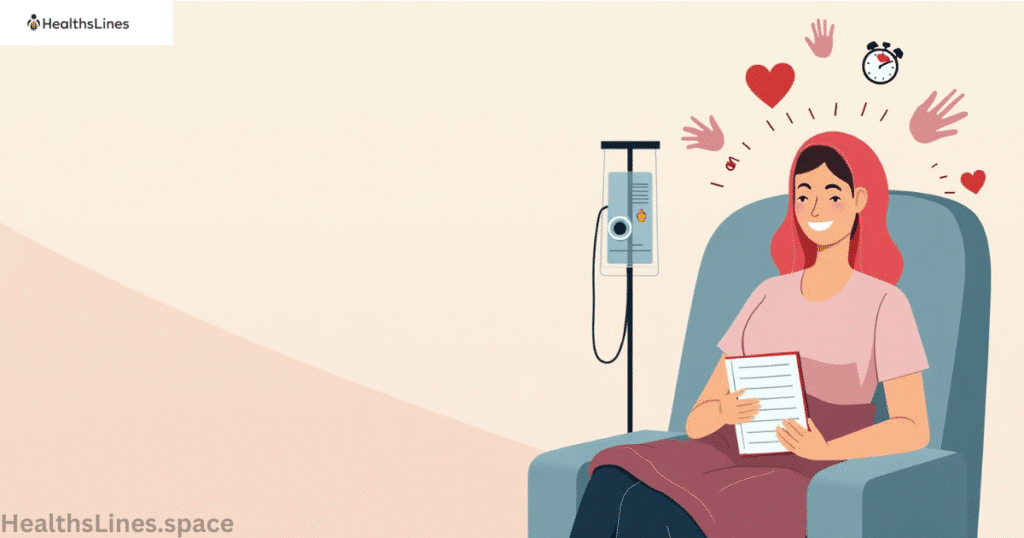
Daily life with chemo often changes in ways you may not expect. Your energy levels may shift from day to day, making it hard to plan ahead. Cancer fatigue can hit suddenly, even if you’ve had a good night’s sleep. Tasks that once felt easy—like cooking, working, or running errands—might now feel exhausting. It helps to listen to your body and rest when you need to. Try to keep a simple routine that allows time for naps, light activity, and self-care. Balance is key.
Some people keep working during chemo treatment, but it depends on how your body responds. Let your employer know what’s going on and discuss options for flexible hours or remote work. It’s also smart to arrange support at home. Whether it’s grocery shopping, rides to appointments, or help with cleaning, having others pitch in makes a huge difference.
You might also need to make safety changes. Since your immune system and chemo don’t mix well, avoid large crowds and stay away from anyone who is sick. Good hygiene and healthy food choices become even more important. Adjusting your life around chemotherapy takes patience, but over time, you’ll find a rhythm that works for you.
When Things Don’t Go as Planned
Sometimes your chemo treatment may be delayed. Low white blood cell counts or infections can push appointments back. If that happens, don’t panic. Your doctor wants you to be strong enough for treatment. Rest, eat well, and stay calm.
If you feel too sick to go to an appointment, call ahead. There are backup plans. Some clinics offer virtual visits or rescheduling. Preparing for chemotherapy means being flexible. Even the best plans change. That’s not failure—it’s adapting.
Everyone’s Journey Is Different
No two people experience chemotherapy the same way. One person may feel fine, while another struggles every day. Don’t compare. Your story is yours alone. Honor how you feel. Celebrate small wins. You got out of bed today? That counts.
There’s no right way to do cancer treatment. Just your way. Whether you’re toughing it out quietly or sharing your journey online, both are brave. There’s no shame in asking for help or taking a break. Stay kind to yourself through every step.
Final Takeaway: Adjust, Accept, and Keep Moving
You can’t plan for everything. But you can get ready, mentally and physically. Chemotherapy will test your strength, but you have what it takes. Focus on each moment. Rest when needed. Ask for help. Let yourself feel, cry, laugh, or just breathe .This isn’t just about surviving—it’s about living. One treatment, one choice, one step at a time. You’ve got this.
